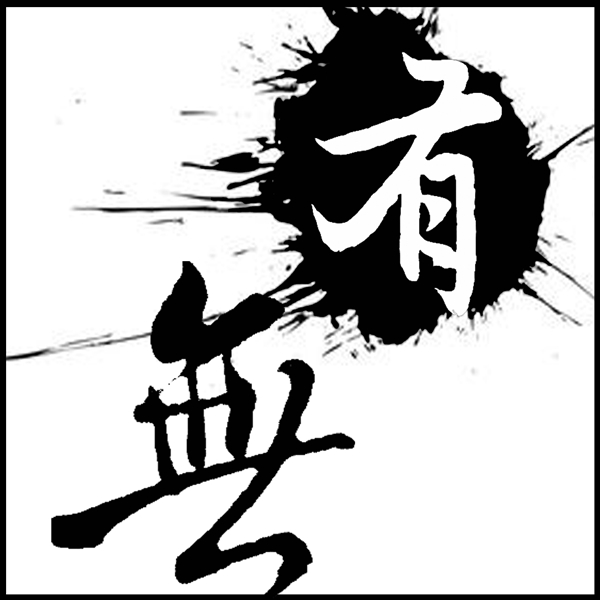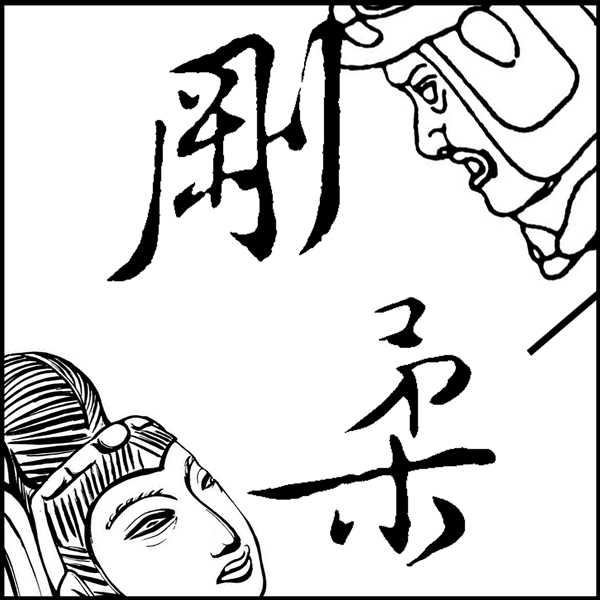Key Chinese Concepts
有无
/Yǒuwú/
You and Wu

“有无”有三种不同含义:其一,指个体事物的不同部分,实有的部分为“有”,空虚的部分为“无”;其二,指个体事物在生成、存在、消亡过程中的不同阶段或状态,既有之后、未消亡之前的状态为“有”,未有之前与既终之后的状态为“无”;其三,有形、有名的具体事物或其总和为“有”,超越一切个体事物的无形、无名的本体或本原为“无”。就第三个意义而言,有些哲学家认为“无”是世界的本体或本原,“有”生于“无”;另一些哲学家则认为“有”才是更根本的,反对“有”生于“无”,在“有无”的关系中,“有”与“无”既相互区别,又相互依赖。
The term has three definitions. First, it describes two different dimensions of things: One is with form and the other without form. Second, it refers to two different stages or states of a thing during its generation, existence, and demise. You (有) refers to the state of a thing after it has come into being and before it dies out; wu (无) refers to the state of a thing before its birth and after its death. Third, you refers to any tangible or identifiable thing or the sum total of such things; wu refers to the original source or ontological existence, which is intangible and unidentifiable, and transcends all specific objects. With regard to the third definition, some philosophers consider wu to be the original source or ontological existence of the world, and you comes from wu; others believe that you is fundamentally significant, and dispute the notion that you owes its existence to wu. Despite their differences, you and wu are mutually dependent.
◎故有之以为利,无之以为用。(《老子·十一章》)
(所以说事物“有”的部分带给人便利,“无”的部分发挥了事物的作用。)
Therefore, the with-form part of an object provides ease and convenience, whereas the without-form part performs the functions of that object. (Laozi)
◎有之所始,以无为本。(王弼《老子注》)
(“有”之所以肇始存在,以“无”为根本。)
The formation and existence of you originate from wu. (Wang Bi: Annotations on Laozi)
刚柔
/Gāngróu/
Gang and Rou

人和事物所具有的两种相反的属性或德性。主要有三种含义:其一,就自然物或器物而言,“刚”指坚硬,“柔”指柔软。其二,就个人的品格而言,“刚”指为人刚毅、坚强,“柔”指温柔、谦逊。其三,就为政、执法的风格而言,“刚”指严厉,“柔”指宽宥。“刚柔”被认为是“阴阳”的某种具体表现。“刚”与“柔”之间的对立与调和是促成事物运动变化的根本原因。在具体事物或行事中,二者应达到某种平衡,“刚”与“柔”过度都是不好的、危险的。
Two opposing properties or qualities that objects and human beings possess. The term has three different meanings. First, when describing natural or man-made objects, gang (刚) means hard and rou (柔) means soft. Second, when describing human qualities, gang means strong and determined, while rou means gentle and modest. Third, when describing a style of governance or law enforcement, gang means strict and rou means lenient. Gang and rou are one of the manifestations of yin and yang. Their mutual opposition and accommodation are the basic causes of change, and they must achieve a certain balance within any object or action. Too much of either is inappropriate and dangerous.
◎是以立天之道曰阴与阳,立地之道曰柔与刚,立人之道曰仁与义。(《周易·说卦》)
(所以确立天的法则为阴与阳,确立地的法则为柔与刚,确立人世的法则为仁与义。)
The laws governing the ways of heaven are yin and yang, those governing the ways of the earth are rou and gang, and those governing the ways of human society are benevolence and righteousness. (The Book of Changes)
◎刚柔相推,变在其中矣。(《周易·系辞下》)
(刚与柔相互推移转换,变化就在其中了。)
Change occurs when gang and rou interact. (The Book of Changes)
Selected from Key Concepts in Chinese Thought and Culture published by Foreign Language Teaching and Research Press.


